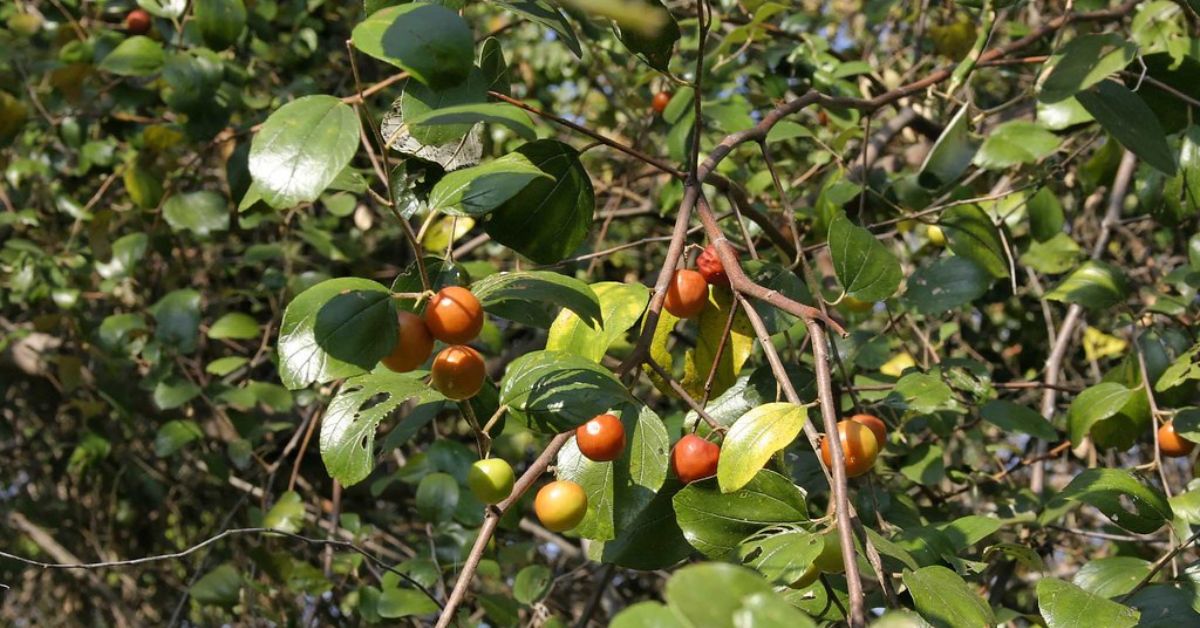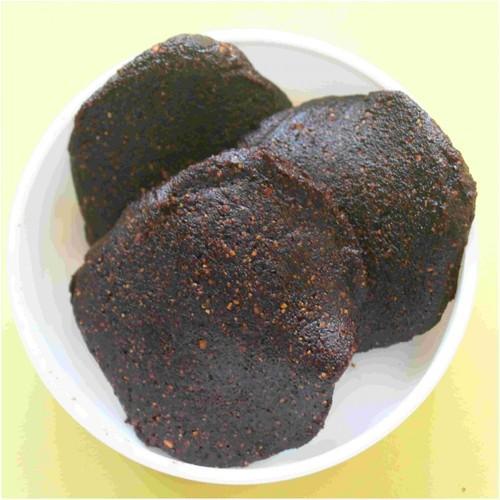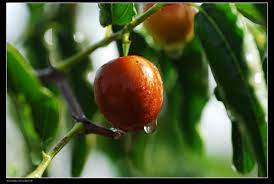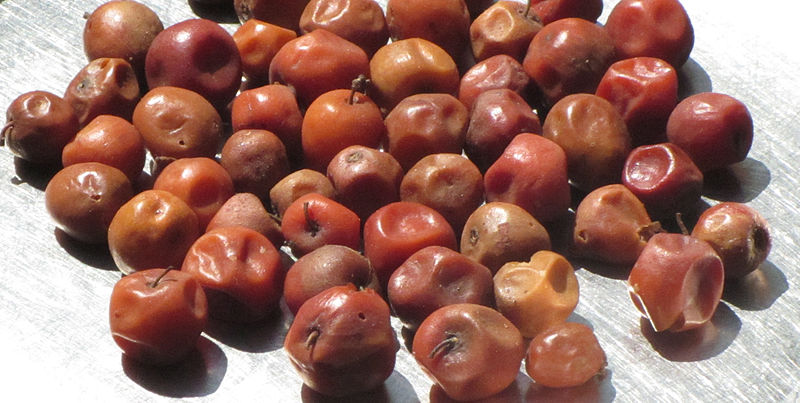Science Says This Tiny Super Fruit Holds Benefits For Diabetics, Insomniacs
Elantha Pazham, Ber, or Indian Jujube has a host of health benefits, particularly for diabetics, or those dealing with ulcers, TB, and more.

When my family and I would visit our native village of Thirukarugavur [Tamil Nadu], my patti would prepare a host of delicious snacks. Some of these, I realised years later, weren’t just tasty — they were also packed with numerous health benefits.
One such snack is the elantha vadam.
It is made from the elantha pazham, known as ber in Hindi and Indian jujube in English. Patti would purchase it, dry it, remove the seed, and hand pound it. Then, she’d add some salt, tamarind, and sweet if needed, and flatten the mix with her palm.
The result was the elantha vadam, a sour, slightly spicy, and slightly sweet snack that I relished on.

Patti would tell me it’s good for the stomach and digestion, and helps with pitha (digestive issues due to an increase in body heat).
It wasn’t just my grandmother who swore by the benefits of ber, the champion of this dish. Research papers have found several health benefits for this fruit, which is also called Ziziphus mauritiana, and is rich in Vitamin C, calcium, magnesium and potassium.
According to a paper published in the International Journal of Current Research and Review in February 2012, the plant “pacifies vitiated pitta, kapha, [doshas as per Ayurveda], obesity, fever, burning sensations, cough, wound, skin disease, ulcers, stomatitis, diarrhea, sexual weakness, and general debility”.
The paper adds that the plant has anti-cancer and anti-diarrheal properties as well.

The book Nuts and Seeds in Health and Disease Prevention finds that the seeds of this plant possess anxiolytic (helps in reducing anxiety) and sedative activities. It adds that some studies demonstrated that the seeds may help Alzheimer’s patients as well. The extract of the seed may also help in tuberculosis, cancer, and AIDS treatment.
Additionally, the seed can also help control cholesterol.
“The roots have been used to treat coughs and headaches, whilst the bark has been used on boils, and for dysentery. The leaves are antipyretic (used to treat fever), whilst the fruit has been used to assist digestion and to treat tuberculosis. The seeds help to cure eye diseases…help relieve thirst, and have a sedative and hypnotic effect, which is helpful in insomnia, pain, physical weakness, and rheumatic symptomatology,” reads the book.
Helps in diabetic neuropathy

A paper published in the Iranian Journal of Basic Medical Sciences in March 2015 found that the extract of the plant protects against toxicity caused by high blood sugar. The fruit pulp can prevent diabetic neuropathy, which damages nerves in the leg and feet.
A paper published in the International Journal of Pharmacy and Pharmaceutical Research describes the health benefits offered by each part of the plant.
The fruit is useful to purify blood and helps in chest complaints. The seed is said to help in nausea, vomiting, and abdominal pain during pregnancy. The seed kernels can also be given as an antidote in case of poisoning. A paste prepared of the seeds can be applied to wounds.
The leaves also act as an astringent and are used for treating diarrhoea. The paper says that they are prescribed for thyroid in children. The flower is used to treat skin ulcer, eye disease, and jaundice.
The paper also finds that the plant can help cure liver damage as it has hepatoprotective properties. If you found our stories insightful, informative, or even just enjoyable, we invite you to consider making a voluntary payment to support the work we do at The Better India. Your contribution helps us continue producing quality content that educates, inspires, and drives positive change. Choose one of the payment options below for your contribution- By paying for the stories you value, you directly contribute to sustaining our efforts focused on making a difference in the world. Together, let’s ensure that impactful stories continue to be told and shared, enriching lives and communities alike. Thank you for your support. Here are some frequently asked questions you might find helpful to know why you are contributing?

As for me, I can’t wait for next January, when I visit my patti and relish on the sweet elantha vadam again.
Sources
International Journal of Current Research and Review
Science Direct
International Journal of Pharmacy & Pharmaceutical Research
Iranian Journal of Basic Medical Sciences
Edited by Divya Sethu
This story made me
- 97
- 121
- 89
- 167











